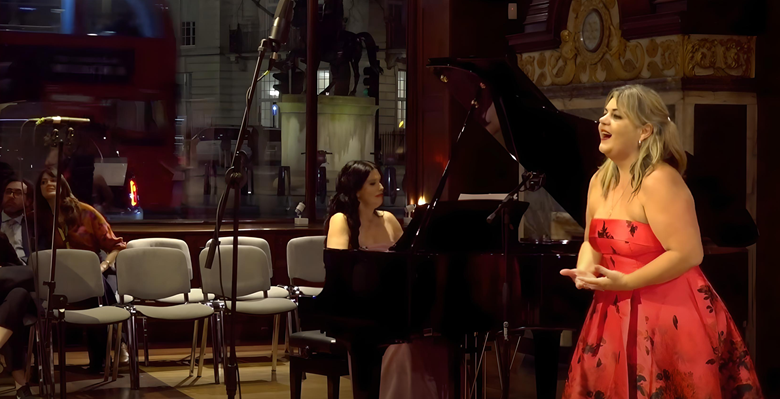‘Unjustifiable’ gender and racial disparities in orchestral music, report reveals
Upasana Rajagopalan
Tuesday, June 4, 2024
The report, based on research from the Donne Foundation found the lack of diversity within global orchestral repertoire to be a ‘wake up call for the industry’ to initiate real change

A new report by music industry gender equality foundation Donne, Women in Music has found significant disparities in the representation of women and the global majority in orchestral compositions, reflecting a ‘regression in diversity’.
The Equality and Diversity in Global Repertoire report is based on an analysis of 111 orchestral repertoires across 30 countries for the 2023-24 season and builds on the organisation’s annual research into the trends of programming diversity and equality within global concert repertoire which began in 2018. A study of 16,327 compositions scheduled for performance revealed that 89.3% of orchestral repertoire was composed by white men and only 7.5% of works were composed by women, with just 1.6% by women from the global majority.
Donne founder, soprano Gabriella Di Laccio, said: ‘The overwhelming predominance of historical white male composers in programming is not just a reflection of past biases but a continued endorsement of them. This status quo limits the richness of our cultural dialogue and the potential for truly inclusive and diverse musical expression.’
Comparing 2023 and 24 seasons, the report found a decrease in the overall representation of women composers, from 7.7% in 2021-22 to 7.5% in 2023-24, while there was an increase in overall representation of men, from 92.3% of compositions in 2021-22 to 92.5% the following season. In both the seasons, less than 0.1% of works were by non-binary composers.
The report also found a racial bias, with historical white European men as the top 10 composers comprising 30.6% of all performances. These composers were played more than four times the combined total of all works by women. Donne, Women in Music said the findings of the report were ‘unjustifiable’ and called on stakeholders; orchestras, sponsors and audiences to assist in driving ‘substantial change in the music industry’.
Di Laccio said: ‘Efforts to enrich the repertoire are crucial for attracting and building new audiences, ensuring the vibrancy and relevance of orchestral music in contemporary society. Hesitation or inaction maintains a status quo that is exclusive and discriminatory.’